
Brooke Peters, PharmD, BCOP, discusses a study conducted at American Oncology Network (AON) to evaluate luspatercept dosing for patients with low- to intermediate-risk myelodysplastic syndromes (MDS).

Brooke Peters, PharmD, BCOP, discusses a study conducted at American Oncology Network (AON) to evaluate luspatercept dosing for patients with low- to intermediate-risk myelodysplastic syndromes (MDS).
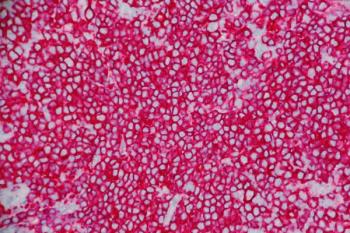
Presenter Krish Patel, MD, discusses the use of epcoritamab (Epkinly; AbbVie) and glofitamab (Columvi; Genentech) in aggressive B-cell lymphomas as monotherapies and in combination regimens.

Experts debate over the most effective treatment pathway for Richter transformation, highlighting the risks and benefits of different cellular therapies.

Treatment advancements highlight the curative potential of bone marrow transplants and emerging gene therapies.
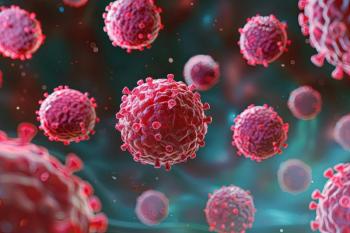
Alessandra Ferrajoli, MD, discusses the importance of renal function for BCL2 inhibitors to avoid tumor lysis syndrome and cardiovascular history for BTK inhibitors to mitigate arrhythmia risks.

The evolving treatment landscape for multiple myeloma includes debates on the timing and effectiveness of CAR T-cell therapy and quadruple immunotherapy regimens.

Reid Merryman, MD, discusses the potential for minimal residual disease (MRD) to inform treatment decisions, identify lymphoma subgroups, and infer gene expression.
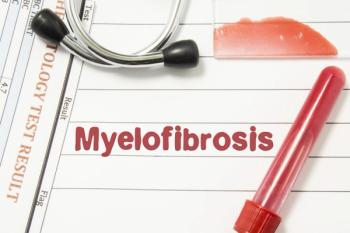
Disease-related factors include several prognostic scoring systems, such as DIPSS, whereas patient-related factors involve age, comorbidities, spleen size, and anemia.

Optimizing outcomes for patients with chronic myeloid leukemia (CML) requires personalized treatment, adaptive dosing, and precise genetic insights.

Stefan Barta, MD, MS, MRCPCUK, discusses the potential role of biomarkers in predicting treatment outcomes, the emerging use of CAR T-cell therapy, and the benefits and challenges of combination therapies in managing T-cell lymphoma.

Sonali Smith, MD, discusses T-cell–directed therapies for indolent B-cell lymphoma, focusing on their efficacy, FDA-approved treatments, and treatment challenges, such as managing cytokine release syndrome.

Rather than “trial-and-erroring” transplants for patients, experts should instead select transplants that are precise, personalized, and predictable.
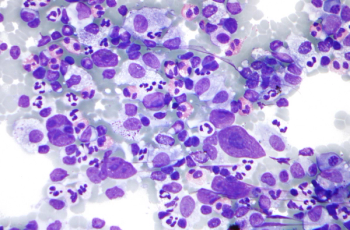
Currently available agents may reduce the need for stem cell transplantation in patients with acute lymphocytic leukemia.
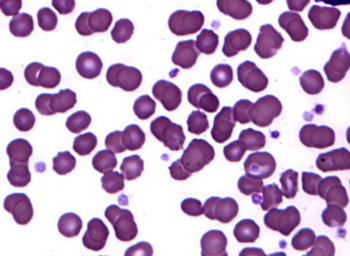
Relapses remain a challenge in treating patients with leukemia.
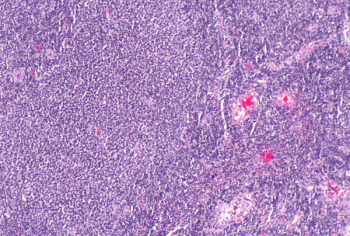
Mosunetuzumab showed promising results in complete response rate in patients with follicular lymphoma.
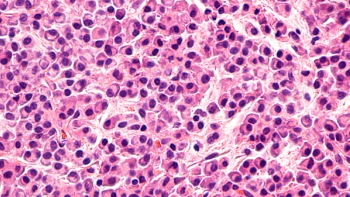
Biology and disease type may help determine which therapeutic options could work best for patients with Waldenstrom macroglobulinemia.
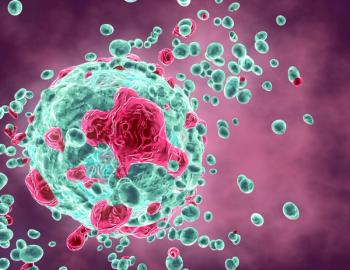
Study results show that the frequency of adverse events decreased after the patients transitioned from combination therapy to monotherapy.
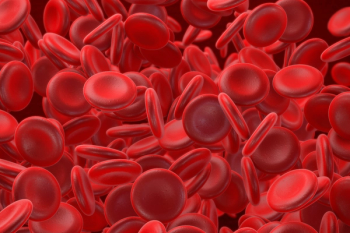
Belantamab mafodotin plus lenalidomide and dexamethasone was found tolerable with no new safety signals and enhanced response rates in patients with multiple myeloma.
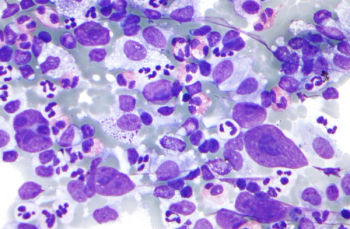
Ivosidenib plus azacitidine shows benefits in event-free survival, overall survival, and clinical responses compared with placebo in patients with IDH1-mutated acute myeloid leukemia.
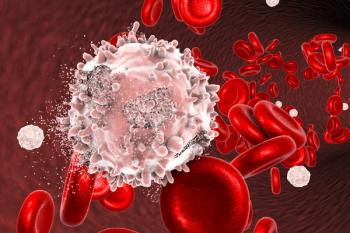
The functional and physical well-being and other scores from the survey are more favorable for those who were treated with the therapy, investigators say.
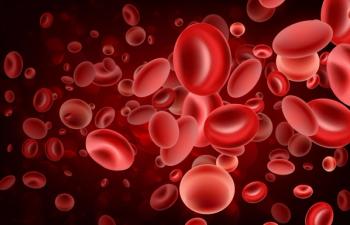
IDH inhibitors show encouraging results in patients with myelodysplastic syndrome, but longer follow ups are needed in a larger patient population to confirm the results.
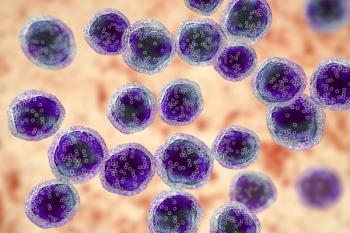
Adam Olszewski, MD, associate professor of medicine in Alpert Medical School at Brown University, discusses the role setting has in the care of patients with Burkitt lymphoma.
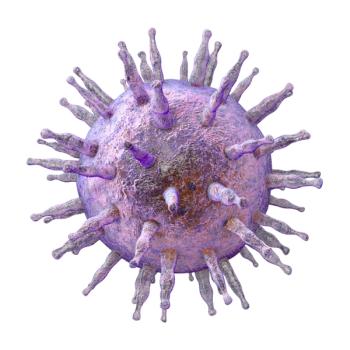
Adam Olszewski, MD, associate professor of medicine in Alpert Medical School at Brown University, discusses how the care setting can impact patient outcomes in the treatment of Burkitt lymphoma.

Adam Olszewski, MD, associate professor of medicine in Alpert Medical School at Brown University, discusses the rate of treatment-related mortality and the most common causes in the treatment of Burkitt lymphoma.

Adam Olszewski, MD, associate professor of medicine in Alpert Medical School at Brown University, discusses the factors associated with progression-free survival and overall survival in the treatment of Burkitt lymphoma.

Adam Olszewski, MD, associate professor of medicine in Alpert Medical School at Brown University, discusses his SOHO 2021 conference presentation on prognostication and treatment of Burkitt lymphoma in the modern era.
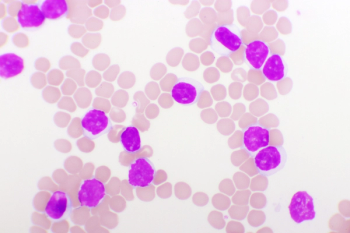
Patients with relapsed or refractory chronic lymphocytic leukemia are generally divided by those exposed to Bruton's tyrosine kinase inhibitors (BTKi), patients relapsing after venetoclax, and patients relapsing after BTKi and B-cell lymphoma-2 inhibitors.

Lauren C. Pinter-Brown, MD, FACP, of UCI Health and Chao Family Comprehensive Cancer Center, explains what the role of the pharmacist is during the treatment of patients with advanced cutaneous T cell lymphoma.

Robert Z. Orlowski, MD, PhD, director of the Myeloma Section at the University of Texas MD Anderson Cancer Center, reviewed novel agents in the treatment of triple-class refractory myeloma during a session at the 2021 annual meeting of the Society of Hematologic Oncology (SOHO).
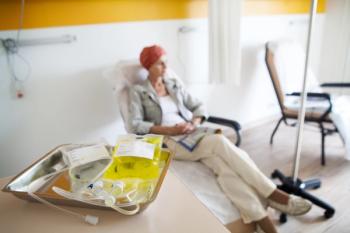
The recommendation for managing cytopenias among patients treated with tyrosine kinase inhibitors is to discontinue treatment at the onset of grade 3 or higher.